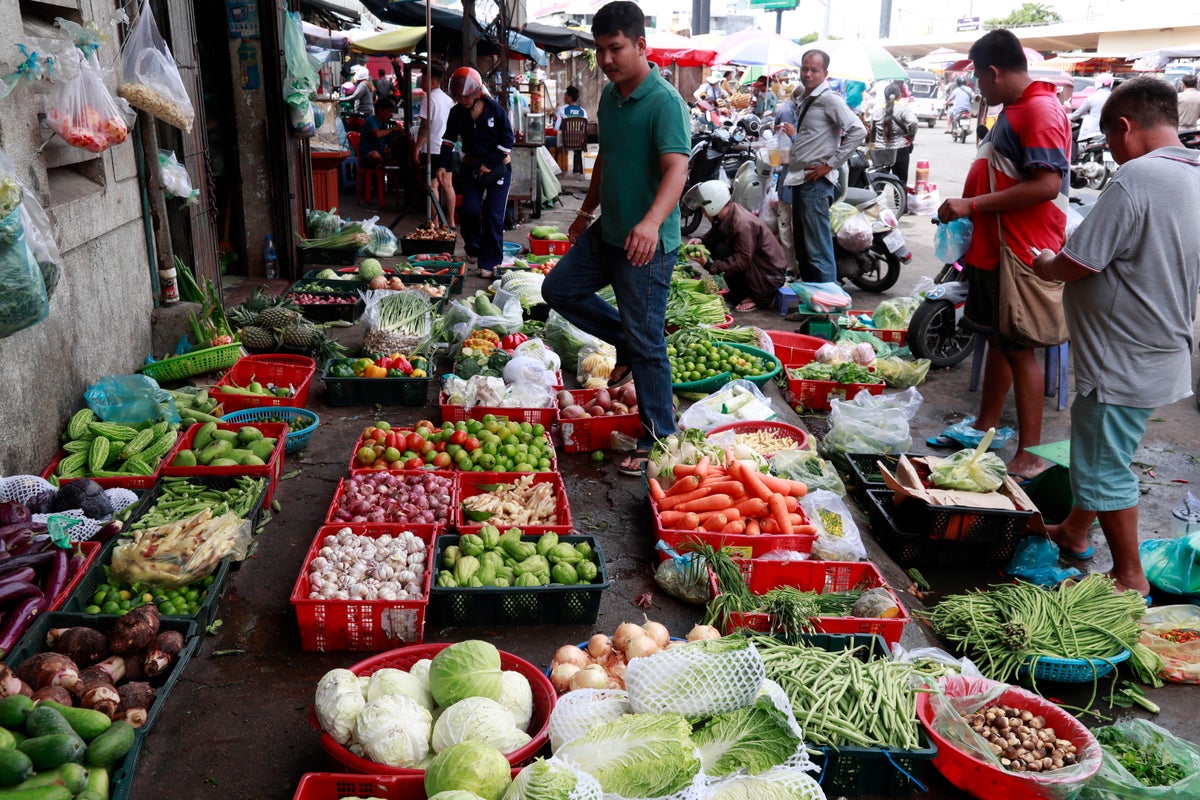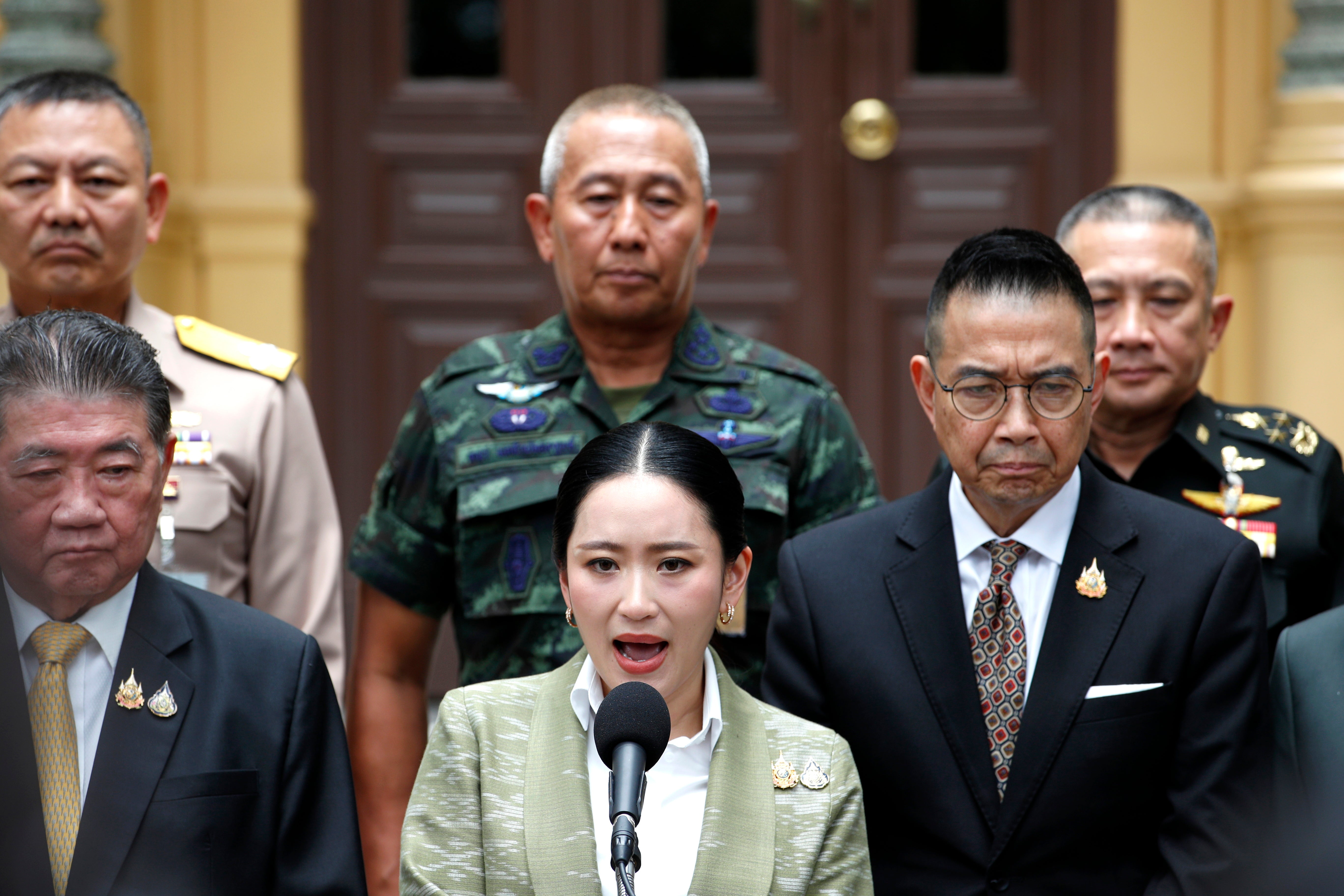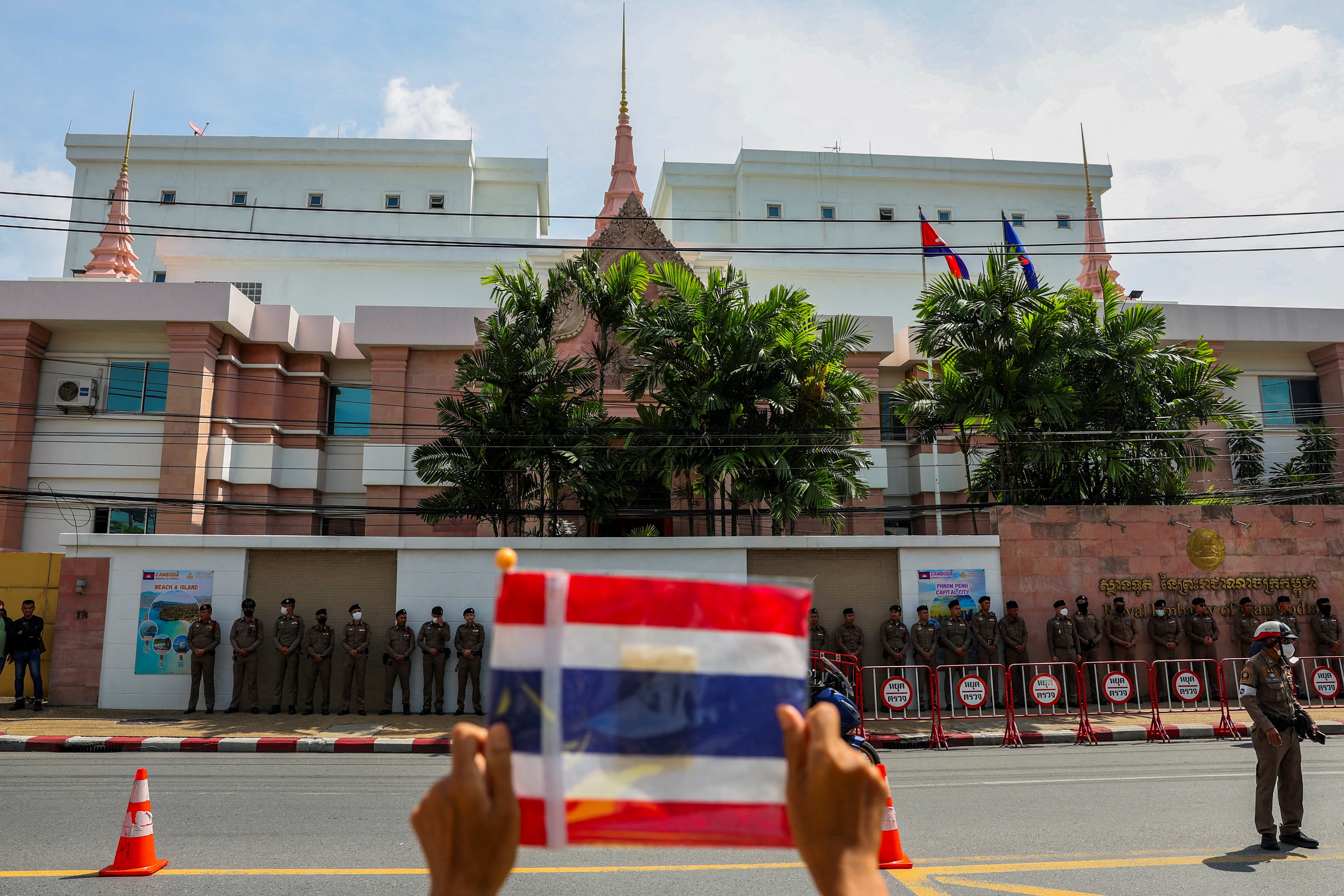
Cambodia has warned it will ban all imports of Thai fruits and vegetables if Bangkok does not lift new restrictions at border crossings, escalating tensions between the two neighbours.
The standoff has rekindled a decades-long territorial dispute and threatens to upend regional trade flows.
The roots of the dispute lie in colonial-era border demarcations dating back to the early 20th century. Past clashes over the same stretch of land, notably around the historic Preah Vihear temple, have resulted in fatalities and legal battles at the ICJ, which in 1962 and again in 2013 ruled in favour of Cambodia. Thailand has never formally accepted the court’s authority on the issue.
The ultimatum was delivered by former Cambodian prime minister and current senate president Hun Sen on Monday in a televised address.
“If the Thai side does not open border crossings to normalcy today, tomorrow we will implement throughout the border banning the imports of fruit and vegetables to Cambodia,” he said, according to AFP. He added that the ban would apply across all entry points if Thailand failed to restore normal operating hours.
This comes in the wake of a military skirmish on 28 May in the Emerald Triangle, a disputed area where forces from both countries exchanged fire, resulting in the death of one Cambodian soldier.
The Thai and Cambodian armies have blamed each other for the incident, claiming self-defence.

Following the clash, Thailand tightened its border controls, citing public safety. Thai prime minister Paetongtarn Shinawatra said the restrictions were necessary due to heavier presence of armed forces in the area and cautioned that any inflammatory rhetoric outside of official dialogue could harm bilateral relations, according to Associated Press.
Cambodia responded by implementing a series of retaliatory measures, including banning Thai television dramas and films, cutting internet bandwidth from Thailand, and closing a key checkpoint. The trade ban, however, marks the most economically significant threat yet.
Over the weekend, Cambodia also formally submitted a request on Sunday to the International Court of Justice seeking arbitration on four contested areas, including the site of the May clash and three ancient temple zones.
Hun Sen said bilateral talks had failed and that legal recourse was the only path to peace.
“Only a thief is afraid of a court,” he said, adding that Cambodia would accept any ICJ ruling.
Thailand has expressed disappointment in Cambodia’s appeal to the ICJ, saying it does not recognise the court’s jurisdiction in the matter. However, both countries have agreed to hold another round of border negotiations in Thailand this September after talks in June failed to resolve the issue.

In Cambodia, Hun Sen has called on tens of thousands of Cambodian migrant workers in Thailand to return home to avoid potential discrimination amid rising tensions, while Ms Paetongtarn is facing domestic pressure from nationalist critics, including opponents of her father, former prime minister Thaksin Shinawatra.
According to the Thai labour ministry, there are currently around 500,000 Cambodian nationals working in Thailand.
A source from the Thai Chamber of Commerce told The Nation that the escalating tensions have raised serious concerns within the private sector with businesses urging both governments to resolve the dispute swiftly through diplomatic dialogue, warning that prolonged uncertainty will be detrimental to both countries, which rely heavily on each other for trade and investment.
Bomb threat forces Air India flight to make emergency landing in Phuket
Body of Thai hostage has been retrieved in Gaza, Israel defence minister says
Six-year-old girl among 16 arrested by Myanmar junta for top general’s assassination
British woman held in Sri Lanka on drug offences could be months from bail
New footage shows moment British survivor of Air India crash emerges from flames
Bali police hunt for two Australians after Melbourne man shot dead







